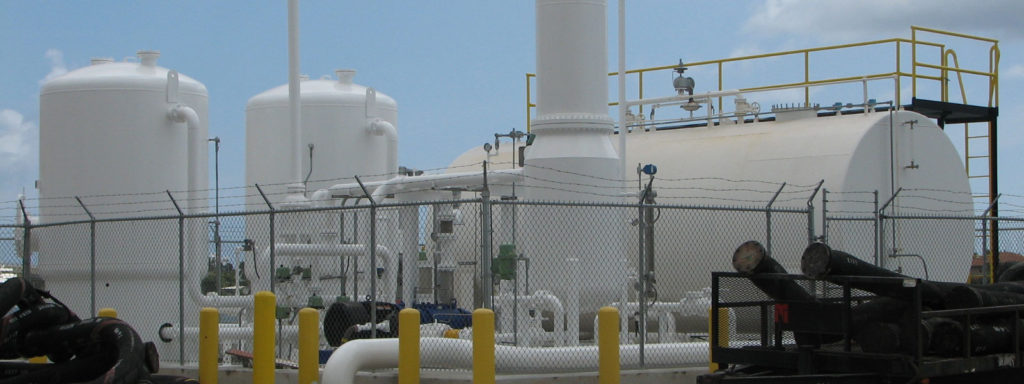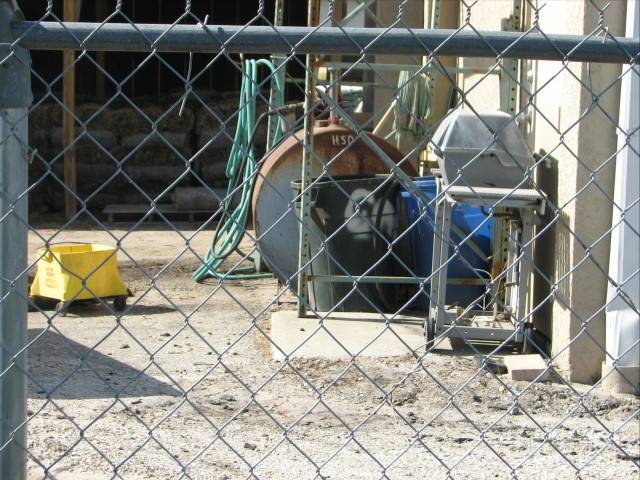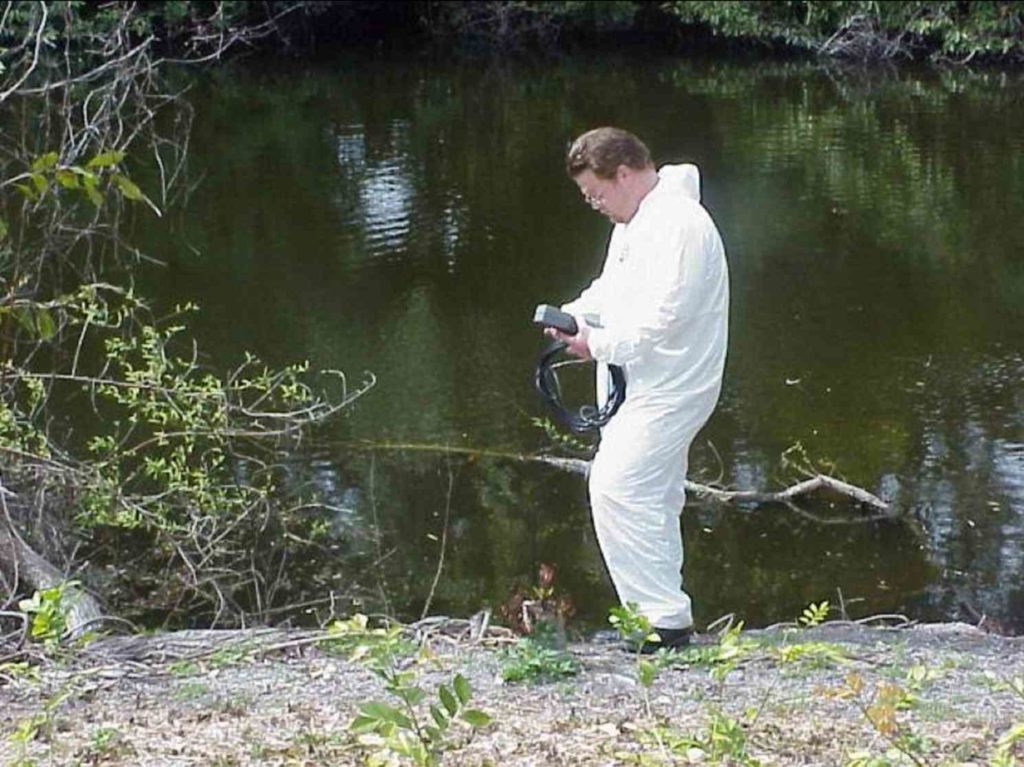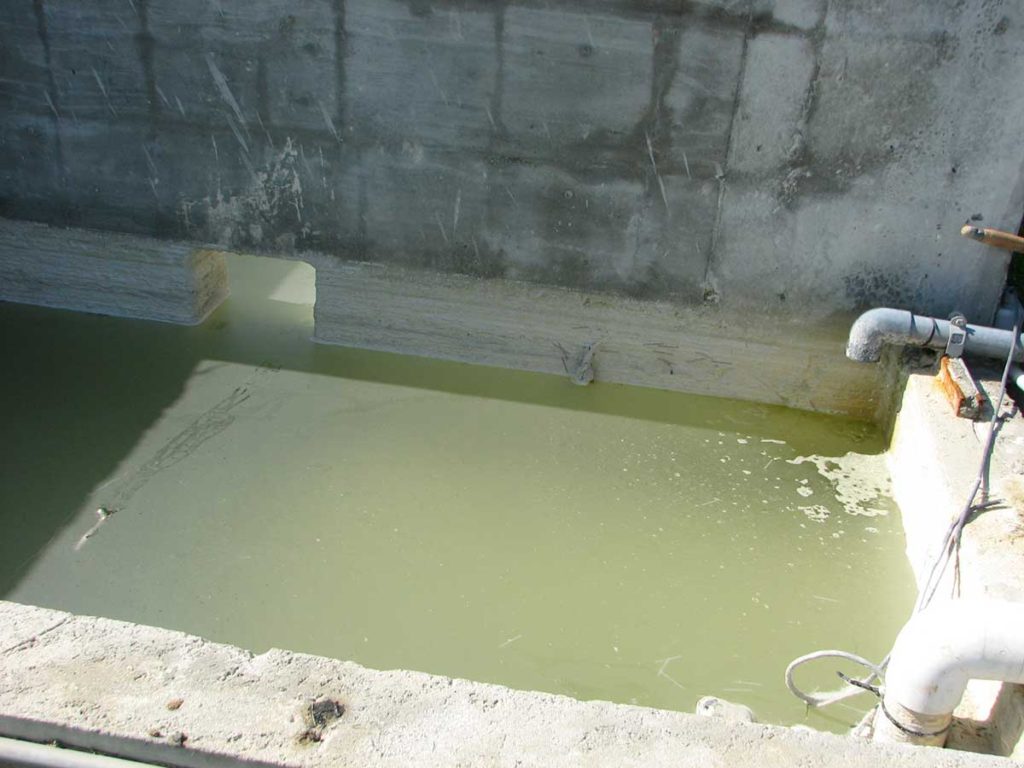What Environmental Permits are there?

environmental permits. Here are just a few:
Developments
- Wetlands
- Endangered Species
Industry & Construction
- Air Permits for Air Discharges from Industry
- Wastewater Discharge, Sanitary and Industrial
- Hazardous Wastes, Transportation, Disposal & Storage
- Stormwater, Retention Ponds, Detention Ponds, Stormwater Runoff – Construction and Industry
Other
- Septic Tanks
- Drinking Water, Private Wells and Community Supplies
- Solid Wastes, Landfills & Incineration
Permit Needs
You have to review your planned operation to see if it will require environmental permits. Then, you have to decide what part of the environment it may impact. For example, will it impact air, water, or land? To further explain, will it be changing the existing site?
Example 1
Example 1 is environmental permits for building and paving a site. As a result, that activity decreases percolation of rain water into the ground. Because of that, more stormwater will run off the site. So, that could require a stormwater retention or detention pond permit. Further, it could require an NPDES permit for industrial sites. Additionally, those sites may have to prepare a Stormwater Pollution Prevention Plan (SWPPP).
Example 2
Example 2 is environmental permits for certain industrial facilities. In addition to the stormwater permits and plan identified in Example 1 above, there are other permits. For instance, sewer discharge permits may be required. Further, air permits may be needed. Finally, are used oil and hazardous waste requirements.
Responsibility
Responsibility for acquiring the permits can fall on many different parties. For example, it can include developers and builders. Additionally, it may include banks, attorneys, architects, or engineers. Finally, it can include manufacturers, industrial facilities, hospitals, crematories, municipalities, and many more!
Lifelines
If you need lifelines, who should you call? Firstly, some of the best lifelines are your associates. So, why is that true? Because their knowledge base can be a good starting point. And so, who are your associates? To begin with, they may be your co-workers, partners, or managers. Next, outside of them, for instance, are your attorney, professional colleagues, and environmental engineering companies. Finally, those associates may direct you to agencies or may contact the agencies themselves on your behalf.
Agencies
There are several key agencies which typically administer the various types of environmental permits. Firstly, are local agencies. For example, these may include the Water Management Districts, Florida Department of Environmental Protection (FDEP), counties, and cities. Secondly, are federal agencies. For example, these may include the U.S. Environmental Protection Agency (EPA, www.epa.gov) and U.S. Army Corps of Engineers (USACE). But, just be careful what you say. Because, it is all in the presentation!
Let ESC Help

In conclusion, there are many permits identified in this Overview of Environmental Permits! But just remember that ESC is a Florida licensed engineering company with the experience and knowledge to help you. That is because our specialty is permits concerning air emissions, industrial discharges, NPDES stormwater, and more. We service Bradenton, Sarasota, St. Petersburg, Clearwater, Tampa, and Fort Meyers. That includes Manatee, Pinellas, Hillsborough, Lee and other counties from Pensacola (Escambia County) to Key West (Monroe County). So, Contact ESC and get a reply promptly!

 Industrial facilities included are manufacturers and those with Standard Industrial Classifications (SIC) 20 through 45, 50, and 51, plus power plants, mining operations, recycling facilities, and transportation facilities. Others include landfills, mines, hazardous waste facilities, and junkyard facilities. Industrial areas or operations which could impact stormwater include material storage, access roads, and rail lines, manufactured and intermediate product storage, material handling equipment storage, and maintenance areas. Drums or tanks of solvents, oils, and chemicals are included as are open dumpsters, air compressors, and material handling areas outside. Facilities are covered if their stormwater runoff discharges directly or ultimately to navigable waters of the U.S. In Florida, this applies to most sites.
Industrial facilities included are manufacturers and those with Standard Industrial Classifications (SIC) 20 through 45, 50, and 51, plus power plants, mining operations, recycling facilities, and transportation facilities. Others include landfills, mines, hazardous waste facilities, and junkyard facilities. Industrial areas or operations which could impact stormwater include material storage, access roads, and rail lines, manufactured and intermediate product storage, material handling equipment storage, and maintenance areas. Drums or tanks of solvents, oils, and chemicals are included as are open dumpsters, air compressors, and material handling areas outside. Facilities are covered if their stormwater runoff discharges directly or ultimately to navigable waters of the U.S. In Florida, this applies to most sites. Finally, quarterly visual monitoring of the stormwater runoff will have to be completed for the life of the permit. Additionally, for certain SIC Codes, in years 2 and 4 of the permit, samples will have to be analyzed in an analytical laboratory. Analytical results must be reported to FDEP by March 1st of the year following monitoring. In certain cases when the analytical results for year 2 of the monitoring are in compliance, the FDEP may waive entirely or partially the year 4 analytical monitoring requirements.
Finally, quarterly visual monitoring of the stormwater runoff will have to be completed for the life of the permit. Additionally, for certain SIC Codes, in years 2 and 4 of the permit, samples will have to be analyzed in an analytical laboratory. Analytical results must be reported to FDEP by March 1st of the year following monitoring. In certain cases when the analytical results for year 2 of the monitoring are in compliance, the FDEP may waive entirely or partially the year 4 analytical monitoring requirements. Florida Department of Environmental Protection (FDEP) regulates wastewater discharges in Florida. There are two types of wastewater, domestic and industrial. Domestic wastewater is sanitary wastewater or sewage, while industrial wastewater is generally everything else. Industrial wastewater can come from various sources. These include manufacturing plants, industrial operations, construction, agricultural production and processing, commercial businesses, car washes, food processing facilities, ready mix concrete plants, boat repair yards, marinas, petroleum and solvent cleanup sites, mines, and more.
Florida Department of Environmental Protection (FDEP) regulates wastewater discharges in Florida. There are two types of wastewater, domestic and industrial. Domestic wastewater is sanitary wastewater or sewage, while industrial wastewater is generally everything else. Industrial wastewater can come from various sources. These include manufacturing plants, industrial operations, construction, agricultural production and processing, commercial businesses, car washes, food processing facilities, ready mix concrete plants, boat repair yards, marinas, petroleum and solvent cleanup sites, mines, and more.